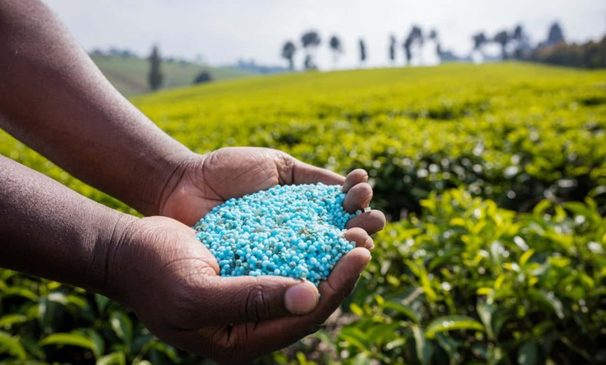Whether it’s the war in Ukraine, COVID-19 or extreme weather events, the type of conflicts we are currently experiencing are exacerbating the global food crisis. At the end of 2023, Russia’s suspension of the Black Sea Grain Initiative led to higher food prices, threatening the food security of millions of people.
According to the World Food Programme (WFP), 345 million people are acutely food insecure in 2023. This figure has more than doubled over a period of 4 years. Armed conflicts remain one of the main causes of famine, greatly impacting countries already in precarious situations, such as Yemen, Lebanon, Ethiopia and Sudan.
In order to overcome this, UN agencies are putting in place several concrete strategies. For example, the United States announced in early 2024 an additional contribution of $4.5 billion in an effort to address food insecurity. For its part, the European Union has set up alternative routes to facilitate the export of Ukrainian agricultural products. Other international measures include debt relief (G20 Initiative), the creation of special funds, international coordination, the easing of sanctions, as well as the sharing of best practices between countries.
Whether through commitments at international summits, the reduction of export restrictions or the adoption of advanced agricultural practices, these missions mitigate the effects of conflict on supply chains. In this way, they ensure equitable access to essential resources. In addition, diplomatic efforts are under way to restore the Black Sea Agreement.




